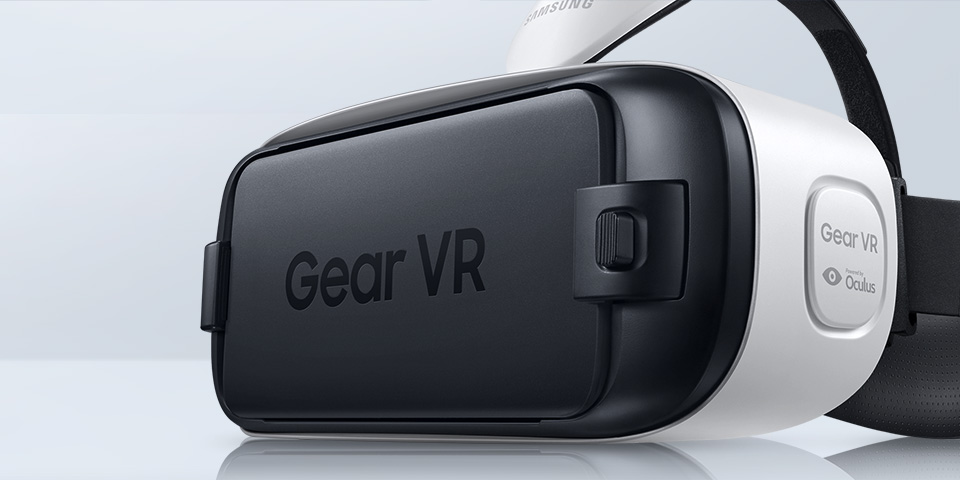VPN services are not only interesting for companies, but also for private users. Above all, the location of the provider is important, but also criteria such as payment options. At first glance, a Virtual Private Network (VPN) is a contradictory affair. Some use it to disguise their identity on the Internet.
The others to ensure exactly this identity. Dozens of companies offer VPN services, free of charge or for a few euros a month. However, good providers are not necessarily recognizable by their price.
What is a VPN?
 A network is a system of several computers or other devices such as smartphones that exchange data with each other. The “P” in VPN stands for “private”: Not everyone can use this special network, it is not public.
A network is a system of several computers or other devices such as smartphones that exchange data with each other. The “P” in VPN stands for “private”: Not everyone can use this special network, it is not public.
A VPN is not only private, it is also virtual – in contrast to the Internet, for example. This exists thanks to routers and cables that connect billions of devices with each other. A VPN does not connect different devices via routers, but via the VPN software and the Internet itself. A VPN is a network in the network – without physical parts.
The VPN software establishes an encrypted connection to the VPN provider’s server. This connection is called a tunnel. The desired website is then called up via the server. The IP address with which a device identifies itself on the Internet is replaced by the address of the VPN server; the user is now more difficult to identify.
When VPN services make sense
Good VPN access is especially important for companies. Employees who are on the road or working from home can access the company network, check e-mails and download files. They can work as if they were sitting at the computer in the office – only the colleagues at the next table are missing. Universities also use VPN services so students can download books or lectures from outside.
Security updates: Attackers could take over Cisco VPN firewalls
 Several Cisco products are vulnerable. The network supplier has released important security patches.
Several Cisco products are vulnerable. The network supplier has released important security patches.
In various VPN firewalls and routers from Cisco, security vulnerabilities classified as critical sometimes gape. Other products are also threatened. Cisco lists these in its Security Center.
The most critical gap (CVE-2018-0423) is in the VPN routers RV130 Wireless-N Multifunction, RV215W Wireless-N and the VPN firewall RV110W Wireless-N. Due to an error in the logon interface accessible via the Internet, attackers could unload prepared requests there and thus switch off devices via a DoS attack. Under certain circumstances, even the execution of malicious code is conceivable. By default, however, you are not threatened because remote access is disabled in the factory settings. Software patches are a remedy.
- Furthermore, the devices are still vulnerable to further attacks, which could be used, for example, by attackers to extract information. Cisco classifies the threat level of the other gaps as “high”.
- A vulnerability (CVE-2018-0423) in the Umbrella API is considered critical. This allows admins to send security incidents to the cloud for further analysis.
- Due to inadequate authentication, attackers could remotely access company internals. The security warning contains information about the secured software.
- If you want to secure your PS4, read more at http://www.vpnps4.com/


 rect. It is just as wrong to claim that VPNs offer 100% protection against all kinds of spying. The question is, what security can you really expect from VPN providers?
rect. It is just as wrong to claim that VPNs offer 100% protection against all kinds of spying. The question is, what security can you really expect from VPN providers? PN providers charge money for their VPN service, they store payment data of the user, such as the Paypal e-mail, credit card numbers or bank data. The VPN servers, on the other hand, are anonymous. This means that in the event of a traceability, an authority or organisation would only know that it is using VPN services. However, the data traffic, i.e. the transmitted data, cannot be traced. This ensures anonymity in the data flow.
PN providers charge money for their VPN service, they store payment data of the user, such as the Paypal e-mail, credit card numbers or bank data. The VPN servers, on the other hand, are anonymous. This means that in the event of a traceability, an authority or organisation would only know that it is using VPN services. However, the data traffic, i.e. the transmitted data, cannot be traced. This ensures anonymity in the data flow.

 VPN, brief for Virtual Private Network, may let you alter the local ip and get a Canadian ip. Therefore, it is possible to get CBC and its programs even though you reside outside Europe. VPN has more advantages:
VPN, brief for Virtual Private Network, may let you alter the local ip and get a Canadian ip. Therefore, it is possible to get CBC and its programs even though you reside outside Europe. VPN has more advantages:
